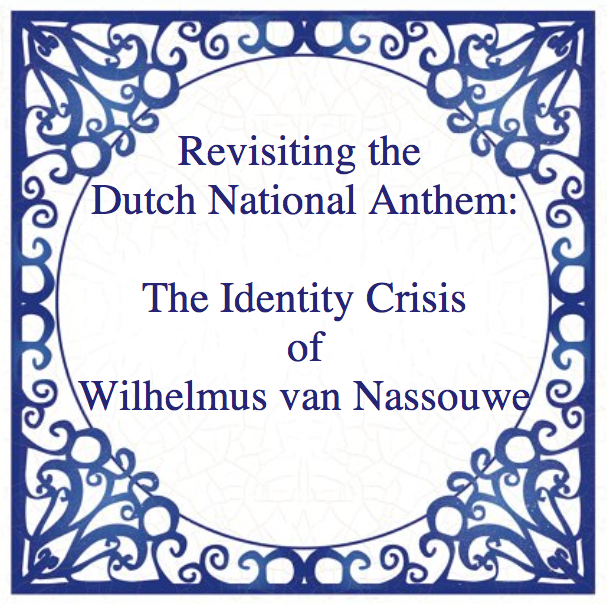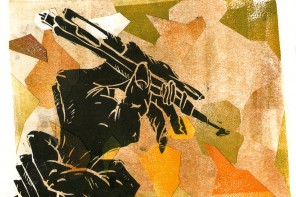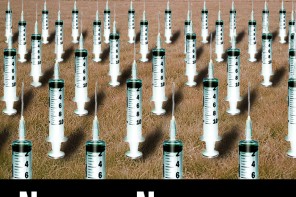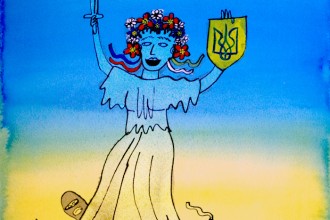Sunday, the 29th of June 2014 marks the day the Dutch national team battles it out against Mexico in the Round of 16 of the 2014 edition of the FIFA World Cup. Think of FIFA what you will, but nothing seems to bring such large numbers of people together as sports. Standing in the bleachers, the roaring crowd waving their flags and clad in orange in a fervent display of patriotism, the Dutch will be belching out their national anthem with pride. However, as confessed to me by multiple Dutchies on numerous occasions, no one really seems to know what on earth the lyrics are about. This week’s Textasy aims to enlighten.
Although I have a Dutch passport and am fluent in the language, I must admit that until recently, I didn’t even know the full lyrics to the first stanza of the anthem (in total, there are 15). In fact, having lived in Zambia for several years and having to sing it at every single school assembly, I know the Zambian national anthem off by heart. The Dutch one was only sung once a year at the embassy’s annual Queen’s Day celebration where I’d be serving herring while wearing the traditional Dutch dress and clogs, mumbling “Wilhelmus van Nassouwe, ben ik van Duitsen bloed; watermelonwatermelonwatermelon…” while scouring the grounds for my brother and his friends walking around with plates of cheese and bitterballen. Shameful, indeed.
So in order to restore my “Dutchness” I decided to investigate the national anthem and am not surprised that many who sing it are rather confused about what exactly it is they’re singing about. Introducing: the first two stanzas of the Dutch national anthem with on-screen lyrics for you to sing along and practice your Dutch:
Considering the rather funeral-march rhythm and monotone and repetitive melody of the anthem, it’s not that surprising that the lyrics become rather muddled up with the rest of it. So for now, we’ll focus on only the first stanza. Roughly translated, the lyrics are as follows: “I, William of Nassau, am of German origin. I’ll stay true to my fatherland till the day I die. As a Prince of Orange, I am free and fearless. I have always honored the Spanish king.”
Huh??? What country does this anthem belong to? Prince Wilhem van Nassouwe (a.k.a Willem van Oranje-Nassau) must be confused and conflicted in who he’s loyal to. German blood, fan of the Spanish king, but loyal to the Netherlands? Not to mention the other 14 stanzas in which he praises God.
In the Netherlands, Willem is often called the ‘Vader des vaderlands’ (Father of the Nation) due to his heroic acts in the Eighty Years’ War that started in 1568 and ended in 1648. Born in Germany in 1533, he was pious man who rebelled against king Philip II of Spain when the Netherlands was under Spanish reign. The war ended in 1648 with the Peace of Münster, a treaty that lead to the independence of the Netherlands.
Being a devout Catholic and having had ties with the Spanish royal family, Willem was said to remain loyal to the king of Spain though more on religious and political grounds, rather than loyal to Spain itself. (In those days, kings were thought to be appointed by God. Rejecting the king therefore would be akin to rejecting God himself.) And while born in Germany, the Oranje family was spread across numerous countries, including the Netherlands.
Ergo, Willem’s role in history places him with the Dutch. Nevertheless, the lyrics suggest a befuddlement in terms of loyalty. Much of the rest of the stanzas attest to Willem’s devotion to God so while Willem might have been at a crossroads in terms of nations, at the end of the day, his loyalty belonged to someone transcendental. The origins of the lyrics of the anthem are much disputed although most agree that Willem did not write it himself. Instead, the lyrics are seen as an ode to him.
While I can appreciate the history and origins of the anthem, I don’t find it particularly inspiring or beautiful. In fact, after the Dutch won their match against Spain in the first World Cup rounds with 5-1, the reference to the Spanish king seems particularly out of place. And if both the Netherlands and Germany get into the next rounds and ever have to face each other, we might as well scrap the part about German blood as well. In other words, once the World Cup is over and the Dutch have won, I suggest the Dutch rewrite the anthem and center it around their favorite saying, “You ain’t much if you ain’t Dutch,” as well as revamping the music, but forego this proposed modernization:
This text review is part of Textasy, Sensa Nostra’s new text reviews section. Want to contribute?







